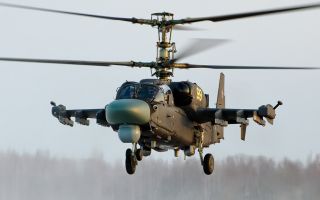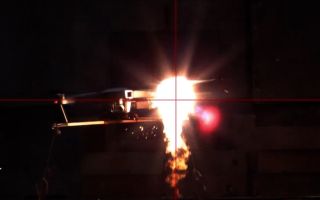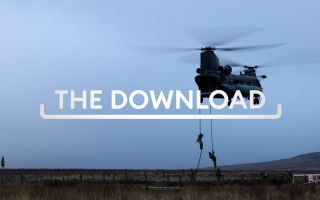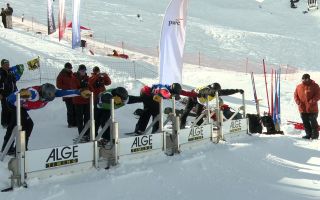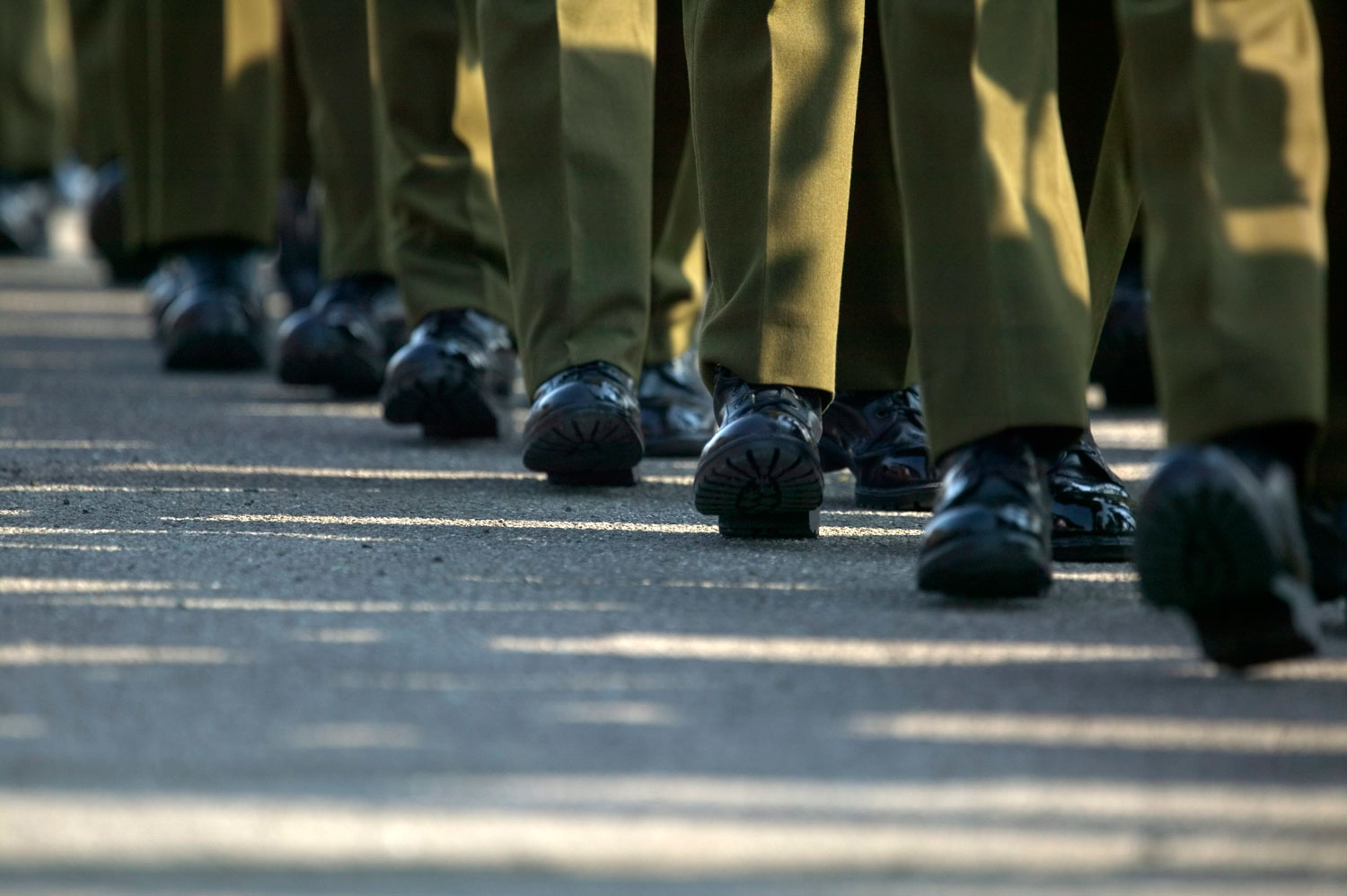
Tri-Service
Beasting: An Uncomfortable Military Tradition

The death of Private Gavin Williams intensified scrutiny on how the Army treats its soldiers.
Although there are official rules and regulations for disciplining Army personnel, those that step out of line, as Pte Williams repeatedly did, could face a beasting.
The term - also known as being 'yakked' or 'thrashed' - is an extreme form of exercise to unofficially discipline a soldier for bad behaviour.
Pte Williams died after three senior non-commissioned officers put him through a beasting for disciplinary breaches, including getting drunk and squirting an officer's guests with a fire extinguisher following a summer ball.
The judge in the trial of the three soldiers acquitted in 2008 of Pte Williams's manslaughter said the practice of beasting "clearly falls outside appropriate military discipline".
During the inquest senior officers denied knowledge of any beastings, saying the military guidelines that came into force a year before Pte Williams's death were followed.
Known as AGAI 67, the rules made the unofficial exercise illegal while formalising the disciplinary system within the military by requiring paperwork for each punishment issued.
Some have argued that beasting is a necessary part of training, designed to push soldiers to the limit and toughen them up.
They say extreme forms of exercise are crucial to test soldiers' resolve and improve their physiques.
But others say it can turn into bullying, causing numerous damaging physical and psychological effects.
Soldiers told the inquest in Salisbury that beastings were "part of Army life" and were a "regular occurrence".
Gareth Davies, who served with Pte Williams, said: "To me, the word 'beasting' means you are going to get hurt either through exercise or drill.
"If you mess up, they normally say 'get your kit on, you are going to be beasted'.
"I have been beasted so many times since being in the battalion that I have lost count. I have seen the staff beasting people round the camp before. It is routine. For me, it seems part of Army life."
Civil servant Dawn Harrison, who watched the beasting unfold, likened it to something from the comedy TV show It Ain't Half Hot Mum starring Windsor Davies and Don Estelle.
"I saw Pte Williams being beasted outside the guard room. He was being asked to about turn and to quickly march and being asked to swing his arms and legs as high as he could," she said.
"Private Williams looked physically in a bad shape. Although I couldn't hear what he was saying I assumed he was trying to talk to the corporal because the corporal kept saying 'Shut the f*** up, shut the f*** up'. I couldn't believe what I was witnessing."
Four months before 22-year-old Pte Williams's death in 2006, Nicholas Blake QC published a review into the deaths of four recruits at Princess Royal Barracks, Deepcut, in Surrey.
The Deepcut deaths, between 1995 and 2002, were self-inflicted and related to low morale brought on by "institutional failures", according to the report, which noted the poor accommodation and limited recreational facilities at the base.
Although the Blake Review said there was no evidence the four soldiers had been "bullied to death", their families believe there was a culture of bullying young soldiers at Deepcut.
The families of the recruits have campaigned for a public inquiry.
A new inquest is due to be held next month into the death of Pte Cheryl James, 18, one of the recruits who died at Deepcut, after the High Court quashed the original verdict.

